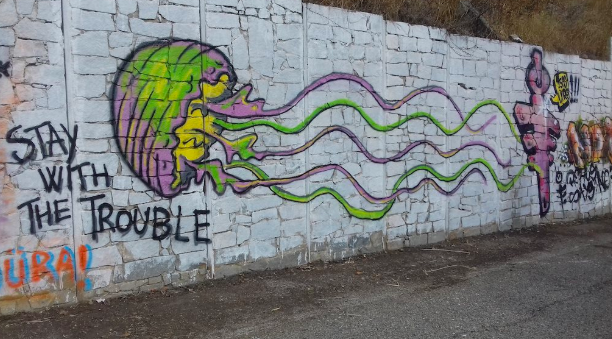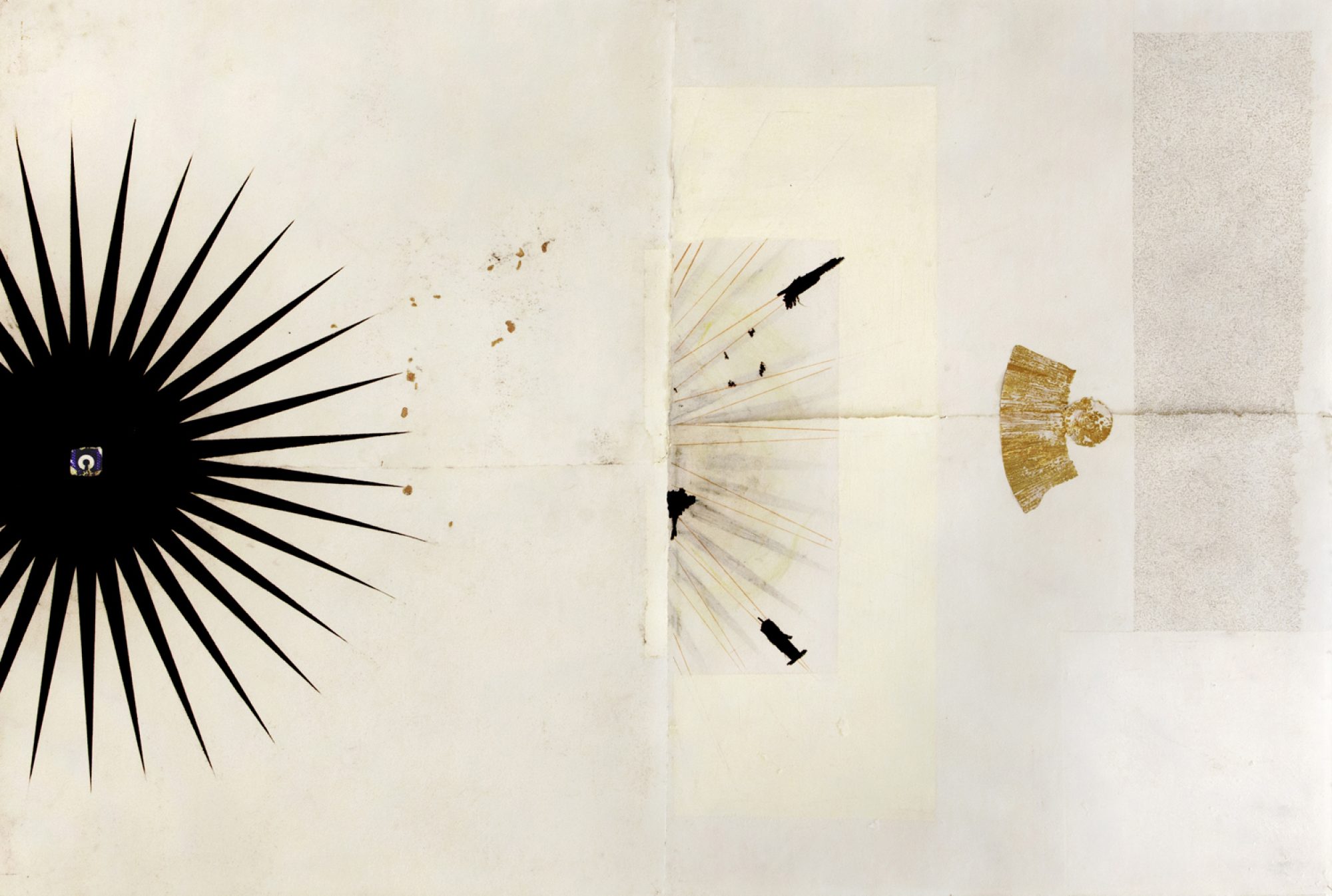Tania Katzschner
We live in truly perilous times with rapidly worsening social and ecological conditions. It is not difficult to feel deep despair as we gaze upon the world we currently inhabit. Although we are surrounded by plans, solutions, a sense of urgency, sometimes outrage, intentions, critiques, protests, and ‘wars’ on everything, we are somehow failing to meet the growing world crisis at social, political, economic and environmental levels. This paper, and corresponding section, explore how to inspire actionable hope and avoid propelling the same old patterns into the future and how to go beyond the questions of the present.
This moment poses challenges for which we possess neither effective knowledge nor adequate practices. In this context of crises, the promise of modernization no longer appears persuasive and our universal ‘one-world’ world is being challenged with an unprecedented degree of publicity for the first time and this paper argues that this possibility needs to be cared for. This moment invites us to create the means for posing problems differently.
This section of the course attempts to do this by reflecting on the practices and sensibilities of a transformative urban nature project in Cape Town. The project risked slowing down to nurture profound levels of observation and conversation in order to protect capabilities for flourishing. The project created spaces for competing ideas, discussion and debate and helped create conditions where anything could happen, especially that which is beyond our limited knowledge of cause and effect.
This section searches for the art of fostering possibilities and argues that the art of paying attention must be reclaimed to nurture well-being and in order to work towards a more life-sustaining world.
How do you define radical hope?
Seeing success as elusive practices such as conversation and relationship rather than infrastructural and material changes.
How do you see radical hope emerging or playing out in your case study?
Different ways of being together is called for. This is a fundamental change in order to meet what is coming towards us. This shift in quality also emerges from the insistence on the idea of ‘practice’ instead of ‘guidelines’ or ‘models’. Radical hope is also about resisting the constant need for intervention – but rather embracing aspects of the uncertain.
The case study depicts the practices and sensibilities of a transformative urban nature project in Cape Town. The projects moves forward not with the aim of finding solutions but with the aim of understanding problems. It pays attention to the ordinary everyday and works towards a delicate subtle activism.
Readings, videos, movies, artworks

Eisenstein, Charles – Nov 2016
https://charleseisenstein.net/essays/this-is-how-war-begins/
Haraway, D (2010) ‘When species meet: Staying with the trouble’, in Environment and Planning D: Society and Space, volume 28, number 1, pp 53-5.
Donna Haraway lectures at the San Francisco Art Institute, April 25, 2017.
‘Staying with the Trouble: Making Kin in the Chthulucene’
Joint Visiting Artists and Scholars and Graduate Lecture Series Event
https://www.youtube.com/watch?v=GrYA7sMQaBQ
Kaplan, A and S Davidoff (2014) A Delicate Activism- A Radical Approach to Change, published by the Proteus Initiative
http://www.proteusinitiative.org/books-and-other-publications
Katzschner T (2013) ‘Cape Flats Nature: Rethinking Urban Ecologies’ in L. Green (ed) Contested Ecologies : dialogues in the south on nature and knowledge, Cape Town: HSRC Press.
https://www.academia.edu/3646294/Contested_Ecologies_Dialogues_in_the_South_on_Nature_and_Knowledge
Layne, T (2013) ‘Ordinary Magic: The Alchemy of Biodiversity and Development in Cape Flats Nature’ in SOLUTIONS for a sustainable and desirable future, Volume 4, issue 3, pp 84-92.
Paddock, T (2015) ‘Is Democracy an Enemy of Nature?’, post on Organisation Unbound, January 2015.
[online] available at:
http://organizationunbound.org/expressive-change/is-democracy-an-enemy-of-nature/
Stengers, I (2014) ‘Gaia: The urgency to think and feel’.
[online] available at:
https://osmilnomesdegaia.files.wordpress.com/2014/11/isabelle-stengers.pdf
